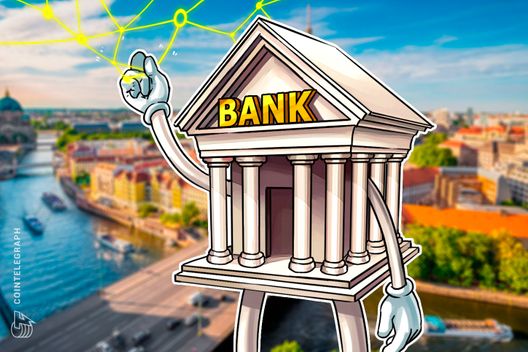Electra (ECA), the open-source Proof-of-Stake (PoS) blockchain project focused on digital payments, will begin beta testing its flagship product this month.
Known as “ElectraPay,” the product functions as a financial management system that will let merchants adopt a cryptocurrency payment method that doesn’t require third-party service providers, banks, or credit card companies to complete transactions.
Electra board member and coordinator Robert Bakker told Cointelegraph that ElectraPay is a management solution that lets e-commerce providers accept Electra’s ECA cryptocurrency via a Woocommerce plugin for WordPress.
“ElectraPay is a management solution which allows a merchant to be paid in ECA directly in their ElectraPay account,” said Bakker. “After receiving payment, merchants can then withdraw to their wallet when ready.”
According to Bakker, the official launch of ElectraPay will be announced once the pilot phase is complete.
A company blog post published on Dec. 30 noted that the Electra team is currently seeking merchants to pilot ElectraPay.
A closer look at ElectraPay
While ElectraPay makes it possible for online merchants to accept its ECA cryptocurrency, Bakker pointed out that the product also processes payments while tracking sales, inventory, and customer data.
All the same, ElectraPay still has to compete with leading crypto-payment processors like BitPay, which currently integrates with 40 e-commerce platforms and point-of-sale systems.
When asked about how ElectraPay is different from BitPay, Bakker responded, “Bitpay is a wallet, and that is all.”
But BitPay also features a hosted checkout and embedded invoices for merchant websites.
“ElectraPay has its own global wallet where payments are merged. Merchants then decide when and how much ECA they want to withdraw (wherever they want, the wallet can be used to hold, exchange or sell). The merchant is able to decide and have full control of what to do with their earnings.”
Electra joined the global Electronic Transaction Association (ETA) in March. A number of the world’s largest merchants and payment gateways are members of ETA, companies like Amazon, Apple, PayPal, and Square. According to Bakker, Electra is the first blockchain project to join ETA.
Is ElectraPay needed?
As major retailers like Starbucks, Nordstrom, and Whole Foods begin to accept Bitcoin as payment, more online retailers are sure to follow. However, with solutions like BitPay and many others, it is hard to determine how many online retailers will adopt ElectraPay.
In order to compete with the leading crypto-payment processors, Bakker noted that the company plans to extend ElectraPay to Shopify, BigCommerce, and other well-known e-commerce software. While Electra will operate with the help of plugins, Bakker told Cointelegraph there are plans to integrate ElectraPay into point-of-sale (POS) machines.
“There are some exciting plans about ElectraPay extending to the mobile app payments industry, making this a one stop solution for merchants managing their online crypto payments. The project that offers a crypto-pos solution that is also compatible for ElectraPay is not announced yet. This will happen in due course.”









